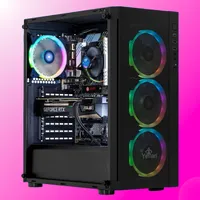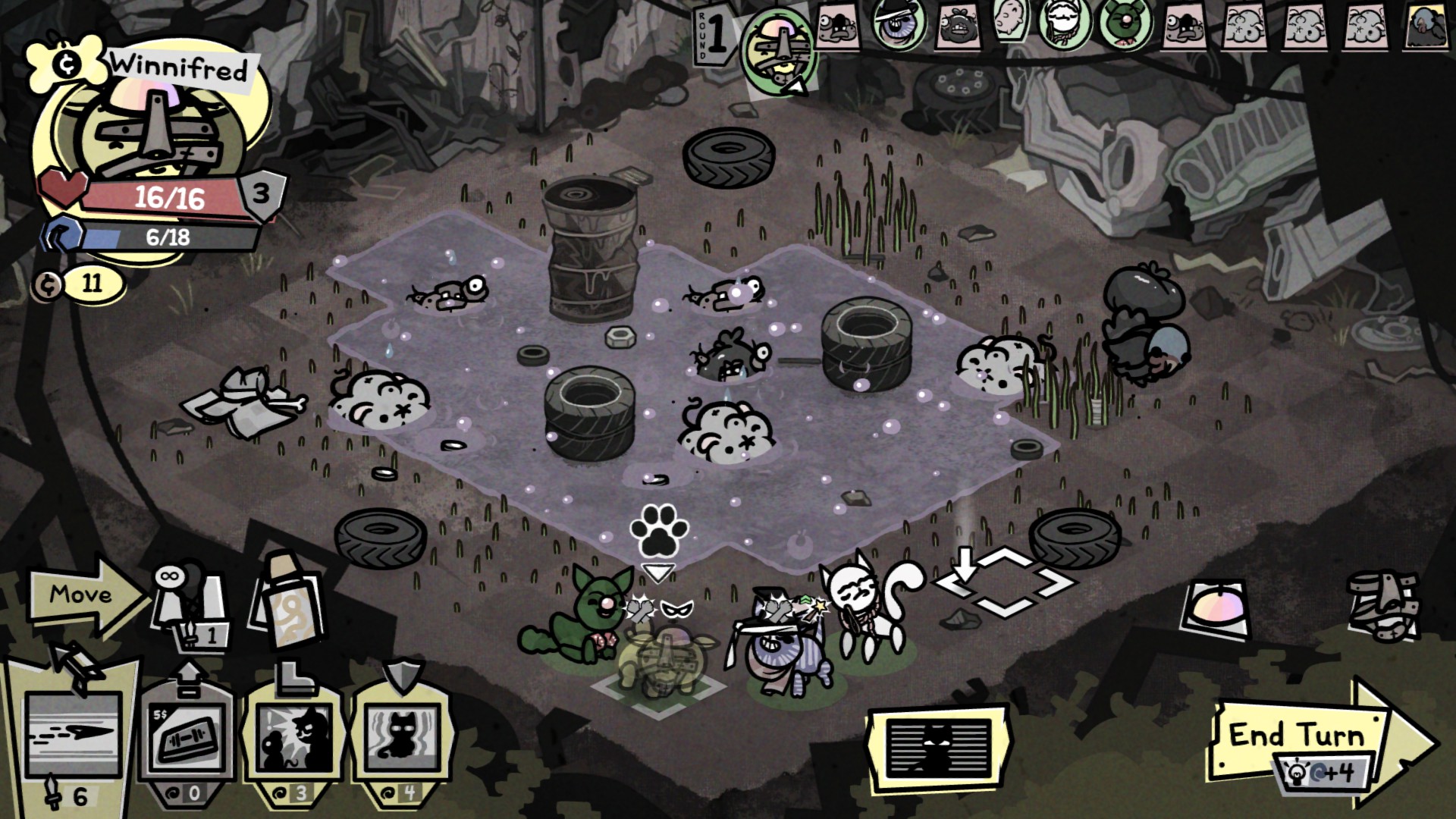Superstar modders have decompiled Mario Party 4, meaning native PC ports for GameCube games may one day be a reality
Ending friendships for a modern hardware generation.
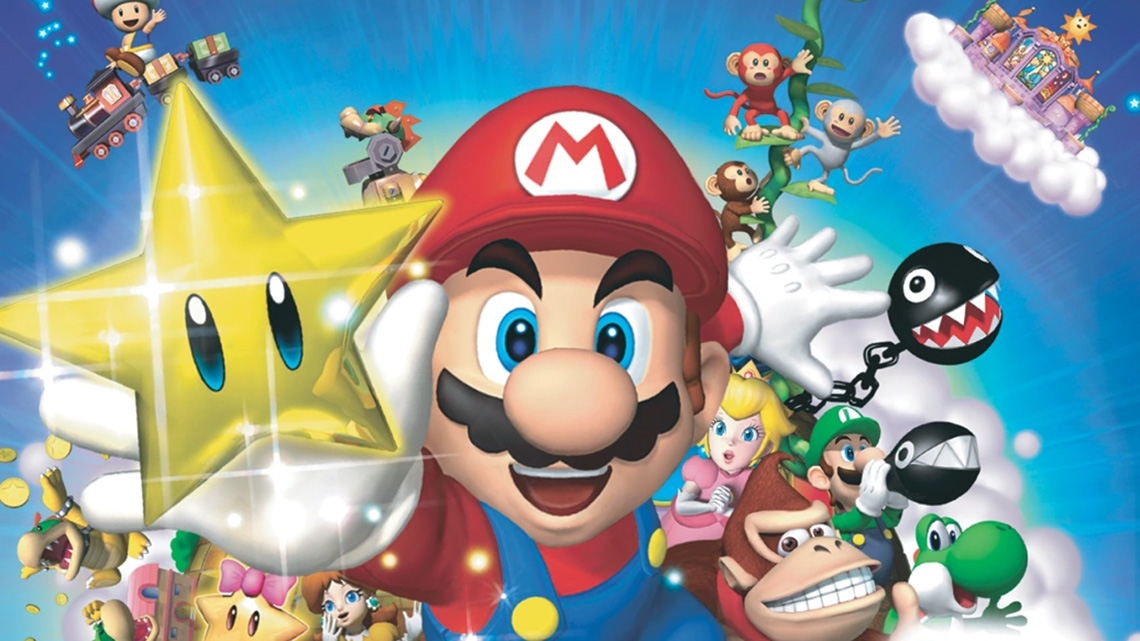
Keep up to date with the most important stories and the best deals, as picked by the PC Gamer team.
You are now subscribed
Your newsletter sign-up was successful
Want to add more newsletters?

Every Friday
GamesRadar+
Your weekly update on everything you could ever want to know about the games you already love, games we know you're going to love in the near future, and tales from the communities that surround them.

Every Thursday
GTA 6 O'clock
Our special GTA 6 newsletter, with breaking news, insider info, and rumor analysis from the award-winning GTA 6 O'clock experts.

Every Friday
Knowledge
From the creators of Edge: A weekly videogame industry newsletter with analysis from expert writers, guidance from professionals, and insight into what's on the horizon.

Every Thursday
The Setup
Hardware nerds unite, sign up to our free tech newsletter for a weekly digest of the hottest new tech, the latest gadgets on the test bench, and much more.

Every Wednesday
Switch 2 Spotlight
Sign up to our new Switch 2 newsletter, where we bring you the latest talking points on Nintendo's new console each week, bring you up to date on the news, and recommend what games to play.

Every Saturday
The Watchlist
Subscribe for a weekly digest of the movie and TV news that matters, direct to your inbox. From first-look trailers, interviews, reviews and explainers, we've got you covered.

Once a month
SFX
Get sneak previews, exclusive competitions and details of special events each month!
As the world looks ahead to the fast approaching June 5 release date for the Switch 2, I can't help but look back. Beyond my Animal Crossing Switch (and, uh, my Animal Crossing 3DS XL), I perhaps spend too much time still considering Nintendo's fetching purple lunch box. Yes, it's true—I'm one of those wearying GameCube fans wistfully sighing through every Direct hoping against hope for another Skies of Arcadia re-release. Well, modders may well do what Ninten-don't.
Alright, done groaning? Here's the scoop: modders have almost fully decompiled Mario Party 4, making it the first GameCube title to get a damn-near-complete decompilation (via Techspot). The unofficial, definitely NOT Nintendo-sanctioned effort took about 18 months, making a fan-made, native PC port a real possibility down the line.
To be clear, this isn't emulation, which is a process that essentially 'tricks' software into running on incompatible hardware. Decompilation in this context is a much more involved reverse-engineering of the game's source code and only the first step towards something playable on PC.
Still, decompilation offers easier access to a game's code which in turn allows for much more flexibility in how you'd like a retro console game to run on modern PC hardware. For instance, some ambitious modder may take it upon themselves to handcraft a native online mode for the more than twenty-year-old game. We've already seen similar decompilations for Nintendo 64 games, such as Banjo-Kazooie and Paper Mario, but this Mario Party 4 project has proven a unique beast for more reasons than just its purple home platform.
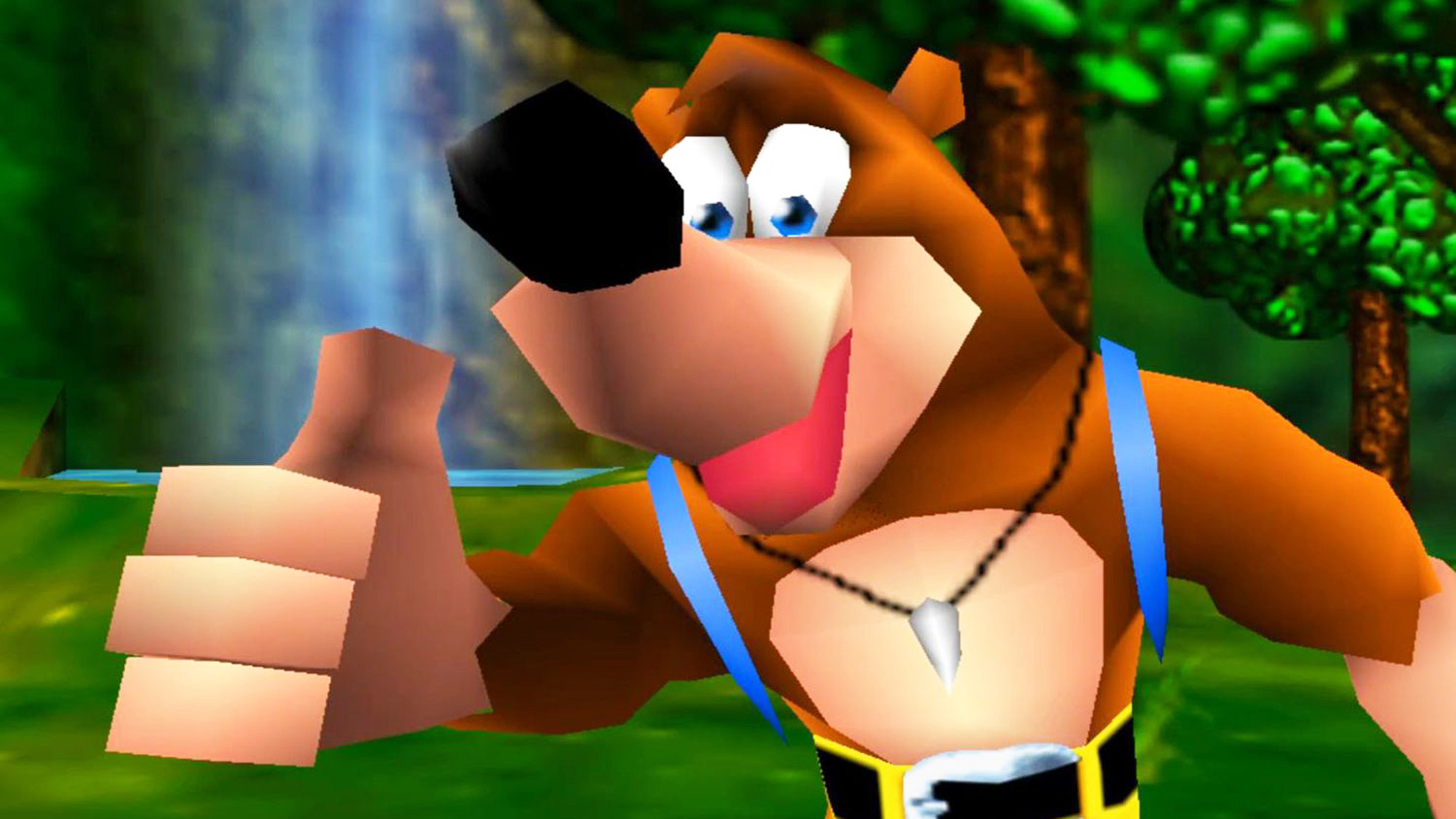
As YouTuber MattKC Bytes tells it, modder Rainchus had originally begun decompiling the first Mario Party, which debuted on Nintendo 64 back in 1998, but this project soon hit a road block that would take a great deal of time and effort to clear. Turning their attention to the 2002 GameCube followup proved to be a much straighter shot—especially as it turns out the code for Mario Party 4 was originally compiled without optimisations, exposing much more of its source code to a sufficiently motivated modder.
As a tech journalist, I like to think of it as the compiler making judicious use of square bracketed ellipses as it gives the CPU the real tea.
It's been a minute since I turned the grey goop I call a brain to coding, but compiler optimisations can be understood as a sort of efficient shorthand. So, rather than lengthy strings of code full of tags us bacon-brained humans need to hold onto for readability, a compiler will excise these in favour of just feeding the most essential bits of code the CPU needs to run the game. As a tech journalist, I like to think of it as the compiler making judicious use of square bracketed ellipses as it gives the CPU the real tea.
Anyway! Scalding similes aside, there are a few reasons why the development team at Hudson Soft may have opted out of compiler optimisations for Mario Party 4. For instance, humans remain pretty essential to debugging and QA, and cursed machine code is hard to pick apart when you're trying to figure out why your game keeps crashing.
Keep up to date with the most important stories and the best deals, as picked by the PC Gamer team.
'Debug symbols' are just one signpost developers can use to find the bit of the code that's causing the issue, effectively presenting an index that joins the dots between parts of the compiled executable and the game's source code. Another Hudson Soft title, Hudson Selection Volume 4: Adventure Island, is powered by effectively the same engine as Mario Party 4, so when modders dug into the debug symbols in the latter title, it exposed even more of the former's source code.
Granted, even that still left modders with a lot of noodling left to do over how various chunks of the code might have been written, but they weren't staring down an empty dialog box anymore. At present, the decompilation project isn't 100% complete but it's darn close; with apparently less than 0.2% to go, all that's left to elucidate are a few complex functions that aren't necessarily essential to actually playing the game.
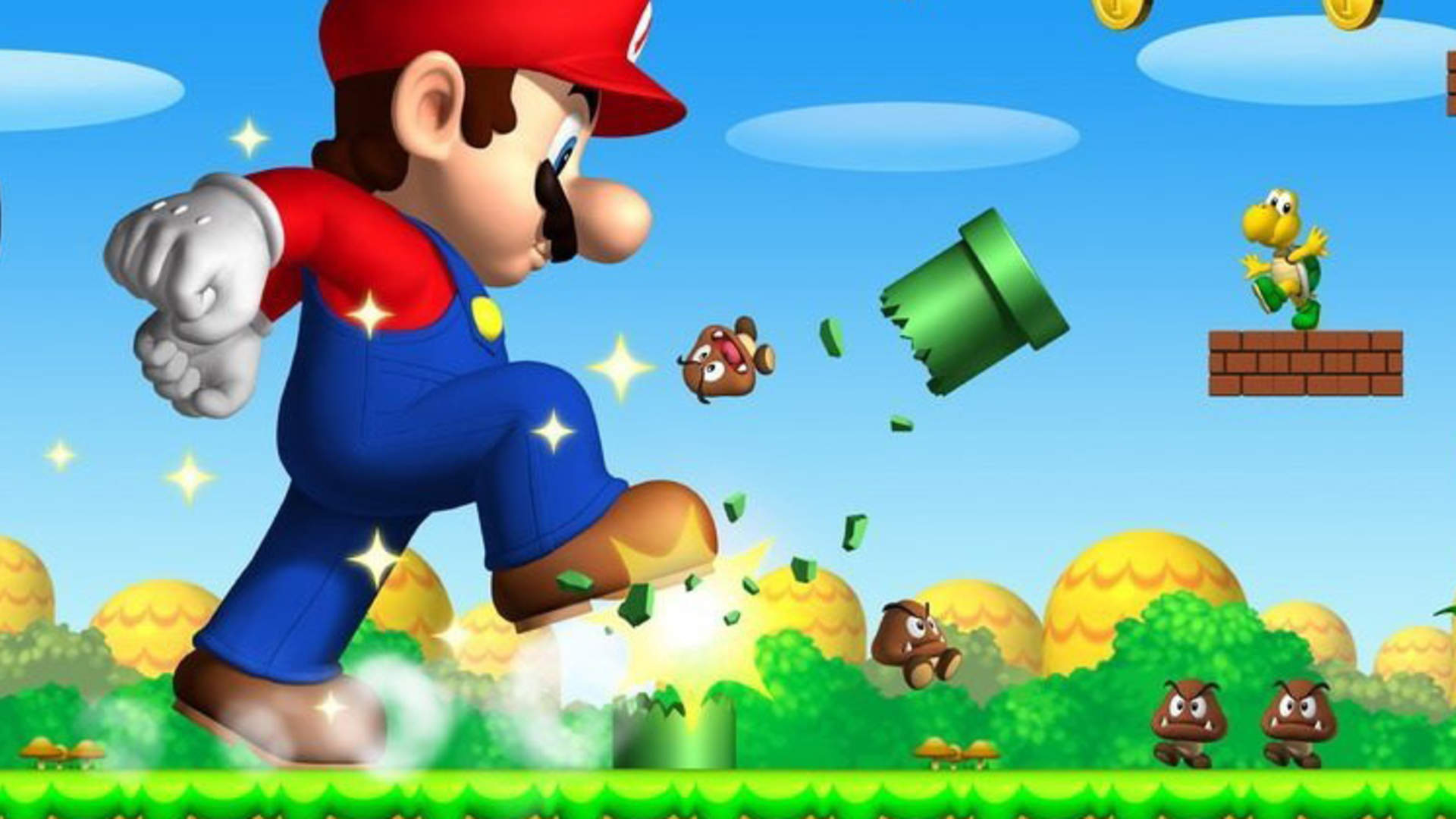
As fan projects go, few things get quite as nerdy or as fascinating as reverse engineering the source code of a decidedly mid party game—and I low-key hope Big Daddy N never catches wind of it. Nintendo tends to take firm legal action against folks emulating or modding their hardware. The company would also likely prefer we all forget about that time the official Nintendo museum allegedly emulated SNES games on a Windows PC. Game decompilation projects like this have largely escaped the company's direct legal ire—but Nintendo Classics' recently announced expansion into GameCube games may mean they're far from safe.
Best gaming PC: The top pre-built machines.
Best gaming laptop: Great devices for mobile gaming.

Jess has been writing about games for over ten years, spending the last seven working on print publications PLAY and Official PlayStation Magazine. When she’s not writing about all things hardware here, she’s getting cosy with a horror classic, ranting about a cult hit to a captive audience, or tinkering with some tabletop nonsense.
You must confirm your public display name before commenting
Please logout and then login again, you will then be prompted to enter your display name.
